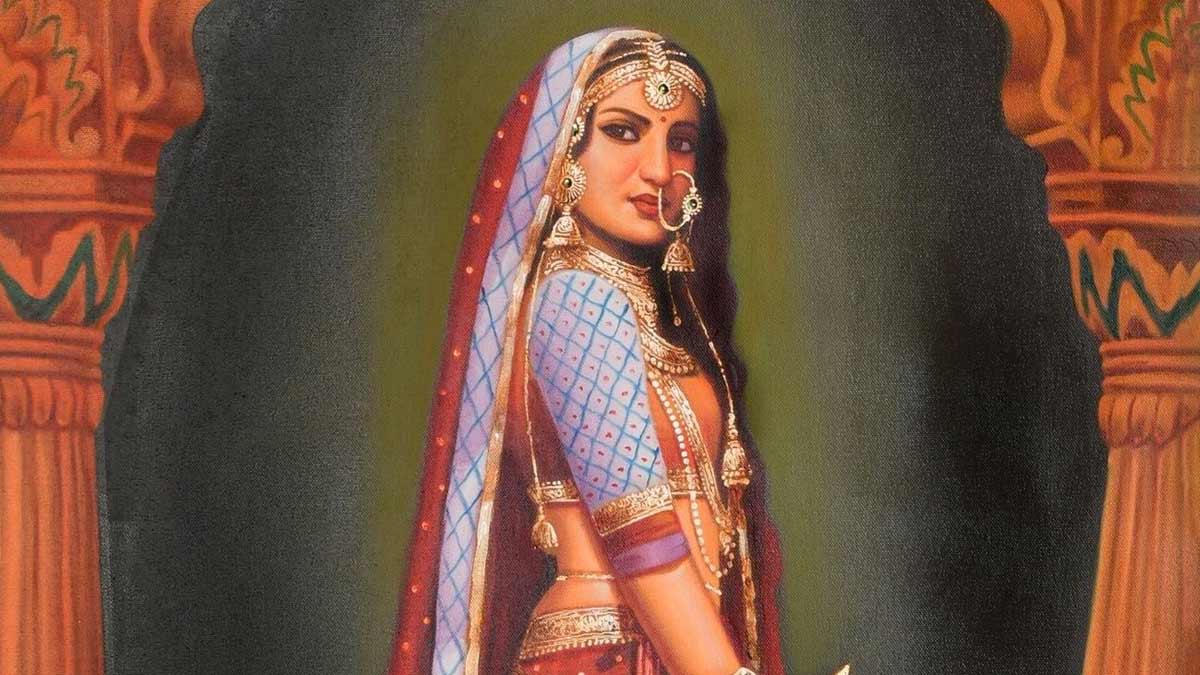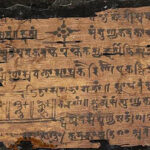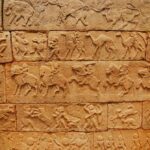Rani Durgavati: Celebrating 500 Years of Courage and Legacy
- Vijay Iyer
- October 5, 2023
- 0 Comment
In the annals of history, there are stories of remarkable individuals who defy all odds, leaving an indelible mark on the world. One such story is that of Rani Durgavati, a name that resonates with bravery, resilience, and unwavering determination. Born on 5th October 1524, in the heart of India, she embarked on a journey that would make her a legendary figure in the pages of history.
The Early Life of Rani Durgavati
Rani Durgavati was born into the noble lineage of Gurjar Chandela’s Rajput ruler, Keerat Pal Singh, in the fort of Kalinjar, Banda, Uttar Pradesh. Her ancestry traced back to Vidydhar, a valiant Indian ruler who successfully repelled Mahmud of Ghazni four centuries earlier. The Chandela dynasty, known for its magnificent temples in Khajuraho, was her heritage, making her birthright one of courage and kindness.
Marriage to Dalpat Shah
At the tender age of 18, Rani Durgavati’s life took an unexpected turn when she married Dalpat Shah, the son of the powerful Garha-Mandla dynasty’s founder. This union between a Rajput princess and a Gond prince was unconventional, as the Gonds were considered outside the traditional Hindu caste system. However, it was a marriage forged by destiny, marked by tales of bravery, love, and ambition.
Rise to Power
Tragedy struck when Rani Durgavati became a widow at the age of 24, as her husband Dalpat Shah passed away. Left to raise her young son Vir Narayan, she decided to assume the throne as a regent, defying societal norms and expectations. With the support of her ministers, who recognized her exceptional abilities, she became the ruler of Gondwana in central India.
A Benevolent and Just Ruler
Rani Durgavati’s reign was characterized by wisdom, compassion, and justice. She did not seek aggressive conquests like her predecessors but focused on quelling rebellions and protecting her people. Her bravery in leading her armies earned her the nickname “Durga Shah.” She successfully defended her kingdom against invaders, including Baaz Bahadur of Malwa, earning her people’s unwavering loyalty.
Mastery in Agriculture
Beyond her military prowess, Rani Durgavati was a visionary leader who understood the importance of self-sufficiency. She managed the cultivation of over 23,000 villages, ensuring her kingdom’s prosperity. Her dedication to the welfare of her people earned her their affection, as she nurtured her land like a loving mother.
A Skilled Archer and Military Strategist
Rani Durgavati’s feats on the battlefield were nothing short of legendary. She defeated the formidable armies of the Surs of Delhi, the Afghans of Bengal, and Baaz Bahadur of Malwa. Even Emperor Akbar, impressed by her valor, attempted to bring her under his suzerainty, but she staunchly refused, ready to face the mightiest adversary.
A Patron of the Arts
In addition to her military prowess, Rani Durgavati was a patron of the arts. Her court was adorned with learned Maithil Brahmins, fostering an environment of cultural flourishing. Mahesh Thakur, one of these scholars, later established the dynasty of the Rajas of Darbhanga, a testament to her support for intellectual pursuits.
The Final Battle and Sacrifice
As the Mughals encroached upon her kingdom, Rani Durgavati led her small army with valor and determination. In a fierce battle at Narrai Nala, she inflicted a surprising defeat on the much larger Mughal force. However, the tide turned when she was injured, and rather than surrendering, she chose to end her life, exemplifying her unwavering spirit.
End of an Era
Rani Durgavati’s sacrifice marked the end of an era in Gondwana. Her son, Vir Narayan, continued to resist, but the kingdom ultimately fell to the Mughals. Asaf Khan, the Mughal commander, seized her treasures, but her legacy endured in the hearts of her people.
Conclusion
Five centuries have passed since the valiant Rani Durgavati walked the earth, but her legacy remains timeless. She embodied the virtues of courage, determination, and selflessness, inspiring generations to come. Rani Durgavati’s life teaches us that the human spirit can conquer even the mightiest of foes when fueled by unwavering conviction. Today, we remember her as a symbol of resilience, a warrior queen who defied empires, and a beacon of hope for those who dare to dream against all odds.
Balidan Diwas, her martyrdom day on 24th June, serves as a reminder of the sacrifices she made for her people and the enduring legacy of an extraordinary woman who continues to inspire us all.
Read More: Ahilyabai Holkar – The Saint Queen Who Rebuilt Temples and Ruled with Mercy








